What Next for the IPCC Assessments?
UEA researchers reflect on their work with the Intergovernmental Panel on Climate Change and the value of this important institution
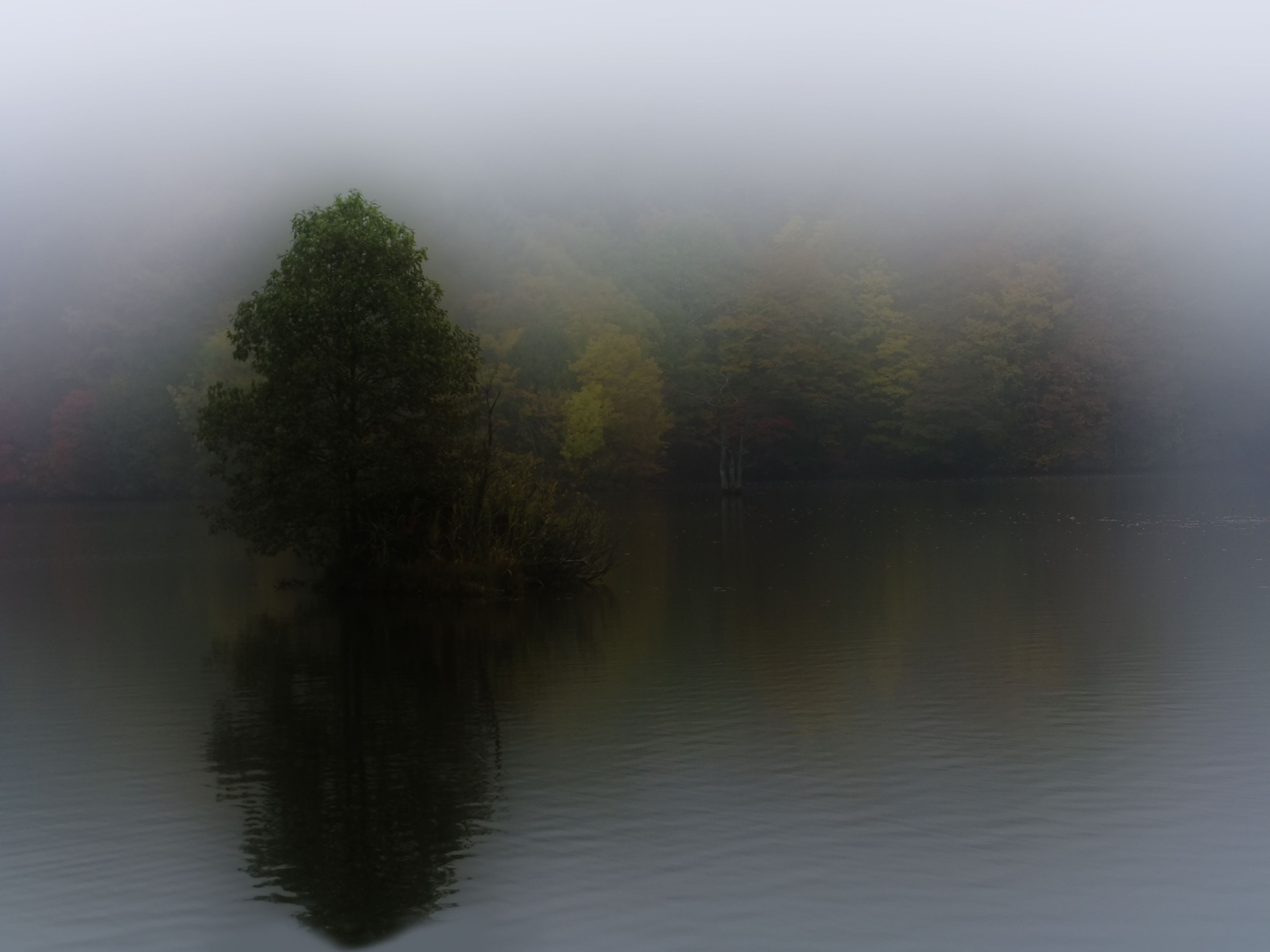
"UEA researchers have contributed to every IPCC assessment since they began in 1991. Over this period, over 50 research staff have made contributions as coordinating and contributing authors as well as review editors."
The Intergovernmental Panel on Climate Change is the United Nations body for assessing the state of global knowledge and science related to climate change.
The IPCC provides regular assessment reports (ARs) containing information which governments and international organisations use to develop climate policies. Each report involves hundreds of scientists from all over the world, who review and report on tens of thousands of research papers. The last report (AR6) was published in between 2021 and 2023. The IPCC is now in its 35th year and about to begin work on AR7.
Climate change experts from UEA and beyond met on campus in Norwich in July 2023 to discuss the future of the IPCC, its challenges and opportunities. We spoke with some of the workshop participants to learn more about the importance of the institution, their personal contributions to the assessment reports and to reflect on their work at UEA.
To find out more about ClimateUEA, sign up for our newsletter.
Prof Rachel Warren:
Workshop co-organiser
Professor of Global Change and Environmental Biology, Tyndall Centre for Climate Change Research and School of Environmental Sciences, UEA.
What is your connection with UEA?
I joined UEA and the Tyndall Centre as a research fellow in 2001. My fondest memories are of successful collaboration and camaraderie with like-minded scientists. Examples include the Tyndall Assembly – our annual get together – and the work leading to creation of the Wallace Initiative, a project that looked at the impacts of climate change on biodiversity and led to a publication in Science.
Describe your expertise and contributions to the IPCC
I lead interdisciplinary teams to quantify the risk reduction in a wide range of human and natural systems. A key focus is the risks that climate change poses to biodiversity, and the potential for nature-based solutions to contribute to climate change mitigation and adaptation.
My first role with the IPCC was as Lead Author in AR4, Working Group III, on long-term aspects of mitigation, published in 2007. We looked at the benefits of climate change mitigation and assessed the literature that uses economic models to quantify the damage of climate change.
"I believe strongly in ensuring that my research has impact and participating in the IPCC has meant a great deal to me and is something I am very proud of"
I was also a Contributing Author for Working Group II on ecosystems, for which I created a meta-analysis showing how the published literature projected that risks to biodiversity would grow with increasing levels of global warming.
My next roles were as Co-ordinating Lead Author in the AR5, Working Group II, published in 2014, on interdisciplinary risk synthesis; as Lead Author of the Special Report on 1.5C warming, and most recently as Lead Author of the risk assessment chapter in AR6, Working Group II. In these roles, I led or co-led teams to synthesise risk across disciplines and regions to provide diagrams called Burning Embers, showing how risks accrue with different global warming levels, for the specific purpose of informing international decision making.
Why is the IPCC important, and what does your involvement mean to you?
Without the IPCC it is doubtful that the United Nations Framework Convention on Climate Change could have achieved anything at all: there would be no Kyoto Protocol, and no Paris Agreement, and it is most unlikely that any government would have a ‘net-zero’ policy.
"The IPCC has facilitated international action that has certainly slowed climate change and catalysed a massive revolution in energy technology"
The IPCC has facilitated international action that has certainly already slowed climate change and has catalysed a massive revolution in energy technology. The IPCC is a good example of successful operation at the science-policy interface, which is the niche I have occupied for my entire career. I believe strongly in ensuring that my research has impact and participating in the IPCC has meant a great deal to me and is something I am very proud of.
Why was the UEA workshop important?
UEA has a Leverhulme Doctoral Scholarship programme entitled the Critical Decade for Climate Change, and for good reason: the window that the world has to limit global warming to well below 2C and pursue efforts to limit it to 1.5C is rapidly closing. It is paramount to understand how the IPCC can most effectively help decision makers continue their work now that the importance of the IPCC’s work has never been greater.
The IPCC faces increased challenges in terms of the volume of literature being published on climate change, which is increasing exponentially. The workshop provides an opportunity to discuss some approaches to handling this. It will also provide opportunity to reflect on the effectiveness with which IPCC findings are communicated and where, and how outreach could be expanded, and to identify key areas of policy relevant research that will be critical for AR7.
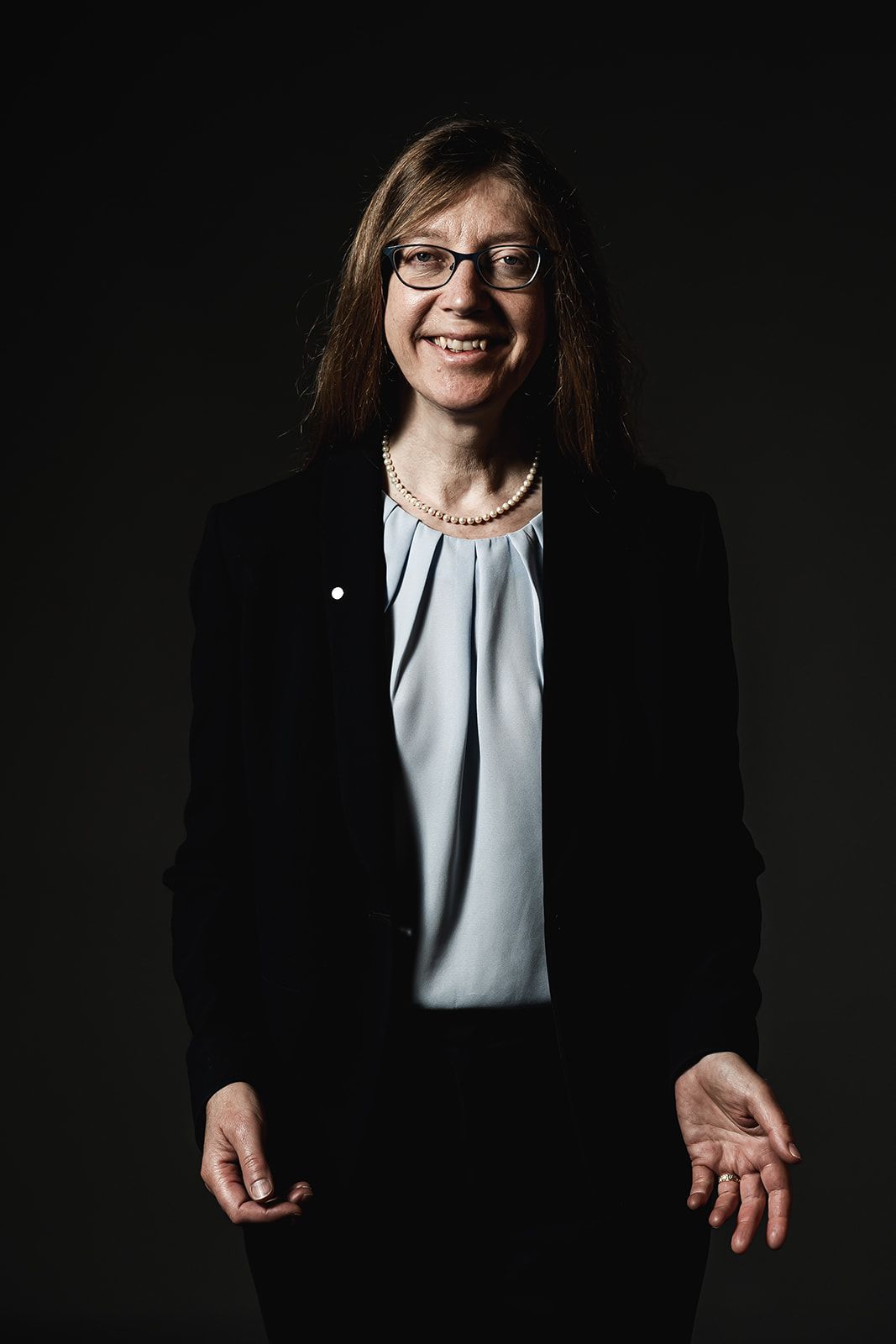
Prof Rachel Warren
Prof Rachel Warren
Prof Terry Barker
Senior Department Fellow, Department of Land Economy, University of Cambridge and Honorary Professor, School of Environmental Sciences, UEA.
What is your connection with UEA?
My research with UEA started in 1999 with my participation as leader of the Cambridge team in a bid from the Tyndall Centre, for multidisciplinary climate change research in the UK. I worked closely with those involved in scenario modelling, particularly Rachel Warren. In 2013, the University awarded me the title of Honorary Professor in the School of Environmental Science.
Describe your expertise and contributions to the IPCC
I have made structural simulation models of the energy-environment-economy system since the 1980s. This research stem is now embodied in the present-day Cambridge Econometrics’ E3ME, a model to assess global policy challenges. I am now focused on how the idea of money is driving human greed and climate change and how to change it.
"The IPCC is an astonishing achievement as an institution. It has been able to achieve consensus despite differences"
I was nominated by the UK government in 1995 and became a Co-ordinating Lead Author for the AR3 chapter Sector Costs and Ancillary Benefits of Mitigation, published in 2001. I also had primary responsibility for the question assessing the risks of dangerous climate change in the 2001 Synthesis Report. In AR4 I was a Co-ordinating Lead Author for chapter 11, Mitigation from a Cross-sectoral Perspective.
Why is the IPCC important, and what does your involvement mean to you?
The IPCC is an astonishing achievement as an institution to convey scientific assessments to governments. It has evolved both as the science has developed and as policymakers have responded to the literature. It has been able to achieve consensus despite differences in ideology, practice, and conflicting interests.
I am proud to have been able to apply my expertise in economics and the English language in the IPCC texts and convey a radically different view about the economy from that of neoclassical economics, with its emphasis on costs, rather than the benefits of mitigation.

Prof Terry Barker
Prof Terry Barker
Prof Philip Jones
Emeritus Professor, School of Environmental Sciences, UEA.
What is your connection with UEA?
I started working in UEA’s Climatic Research Unit in November 1976. I became a reader in 1994 and a Professor and joint Director of the Climatic Research Unit (CRU) in 1998. I retired in December 2016 but continued working part-time until early 2022. I was made an Emeritus Professor in July 2022. The working environment in CRU was always friendly and we always worked as teams or sub-teams. This was good experience for being involved in the IPCC.
Describe your expertise and contributions to the IPCC
My current expertise is in instrumental climatology, paleoclimatology, climate modelling and detection and attribution. These four areas have always been chapters in the Working Group I parts of the six major IPCC Reports, with climate modelling expanding to two or three chapters over time. My knowledge is, however, only a part of what’s needed to be known to address the environmental challenges we face.
"I was quite pleased when AR4 appeared in 2007 and was sent a copy of the Nobel certificate that was awarded jointly to the IPCC and Al Gore later that year. I have mine mounted"
I was a Co-ordinating Lead Author on the Surface Observations chapter for AR4. I attended one meeting of the similar chapter for the first three reports and was a key contributor for the first two reports.
Why is the IPCC important, and what does your involvement mean to you? From a teaching perspective, the IPCC reports are a great resource. They are assessments of the writing teams, and not scholarly reviews. The writing teams are selected to provide experts in that area and be spreadround the world. Since AR2, everything that is referred to has to be in the peer-reviewed literature. [The reports] take massive amounts of effort to put together, but what they achieve is often reduced by the media to few soundbites every 5 years. The reports are easy to criticise, but they continue to be requested by the governments of the world, so ought to be continued.
I was quite pleased when AR4 appeared in 2007 and I was sent a copy of the Nobel certificate that was awarded jointly to the IPCC and Al Gore later that year. I have mine mounted.
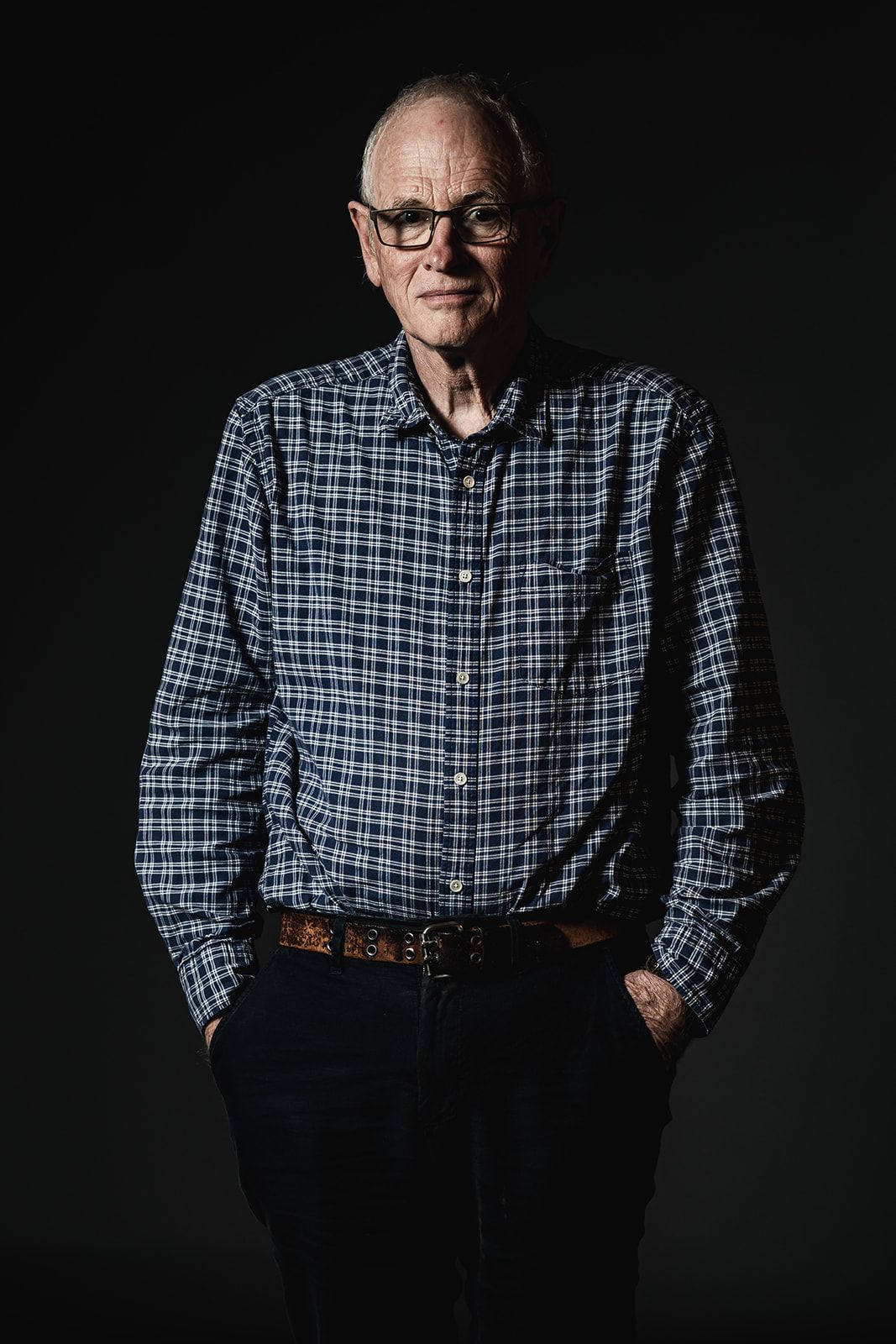
Prof Philip Jones
Prof Philip Jones
Prof Joanne Clarke
Professor of Archaeology, School of Arts, Media and American Studies, UEA
What is your connection with UEA?
I came to Norwich on a snowy late-February night in 2001 from a much warmer Jerusalem. I had never been to Norwich before, and it was a bit of a shock to arrive in the middle of the night to a foot of snow. UEA housed me in one of the terraces opposite the library, which are used for families. Despite the Brutalist architecture it was surprisingly comfortable.
Describe your expertise and contributions to the IPCC
I am a specialist in archaeology, heritage and climate change. Heritage is fundamental to individual and social identity and wellbeing. People are migrating because of climate change but people don’t simply migrate with a suitcase, they migrate with all of the traditions, memories and attachments that are their heritage.
"I don’t think that the climate change community realises how important heritage – natural and cultural, tangible and intangible – is to humanity and how critical it will be moving forward into a changing planet"
I don’t think that the climate change community realises how important heritage – natural and cultural, tangible and intangible – is to humanity and how critical it will be moving forward into a changing planet. A recent white paper commissioned by the IPCC, International Council on Monuments and Sites and Unesco has demonstrated that heritage is integral to every sectoral chapter in the IPCC’s AR6, Working Group II.
I was a Contributing Author to the heritage section of chapter 9 – Africa in that report. Africa was the only regional chapter that had a heritage section. In the future all further IPCC reports should incorporate heritage into both regional and sectoral chapters. As an aside, I am currently a Lead Author on chapter 8 for the upcoming UN Environment Programme’s report, Global Environment Outlook (GEO) 7. This is the first time that heritage has been included in a GEO report.
Why is the IPCC important, and what does your involvement mean to you?
The IPCC reports are intergovernmental policy reports that are read by and signed off by world governments. They reach a much wider readership than academic articles, even those in the big journals, Science and Nature. I am determined to put heritage on the agenda for future policy reporting.
"I am determined to put heritage on the agenda for future policy reporting"
I was so excited to be asked to write for the IPCC. However, it was more than that, through the IPCC I have made extraordinary collaborations with brilliant scientists across the globe. These collaborations would not have been possible without working on the IPCC report.
Read more about Prof Joanne Clarke’s work on protecting Africa’s coastal heritage.
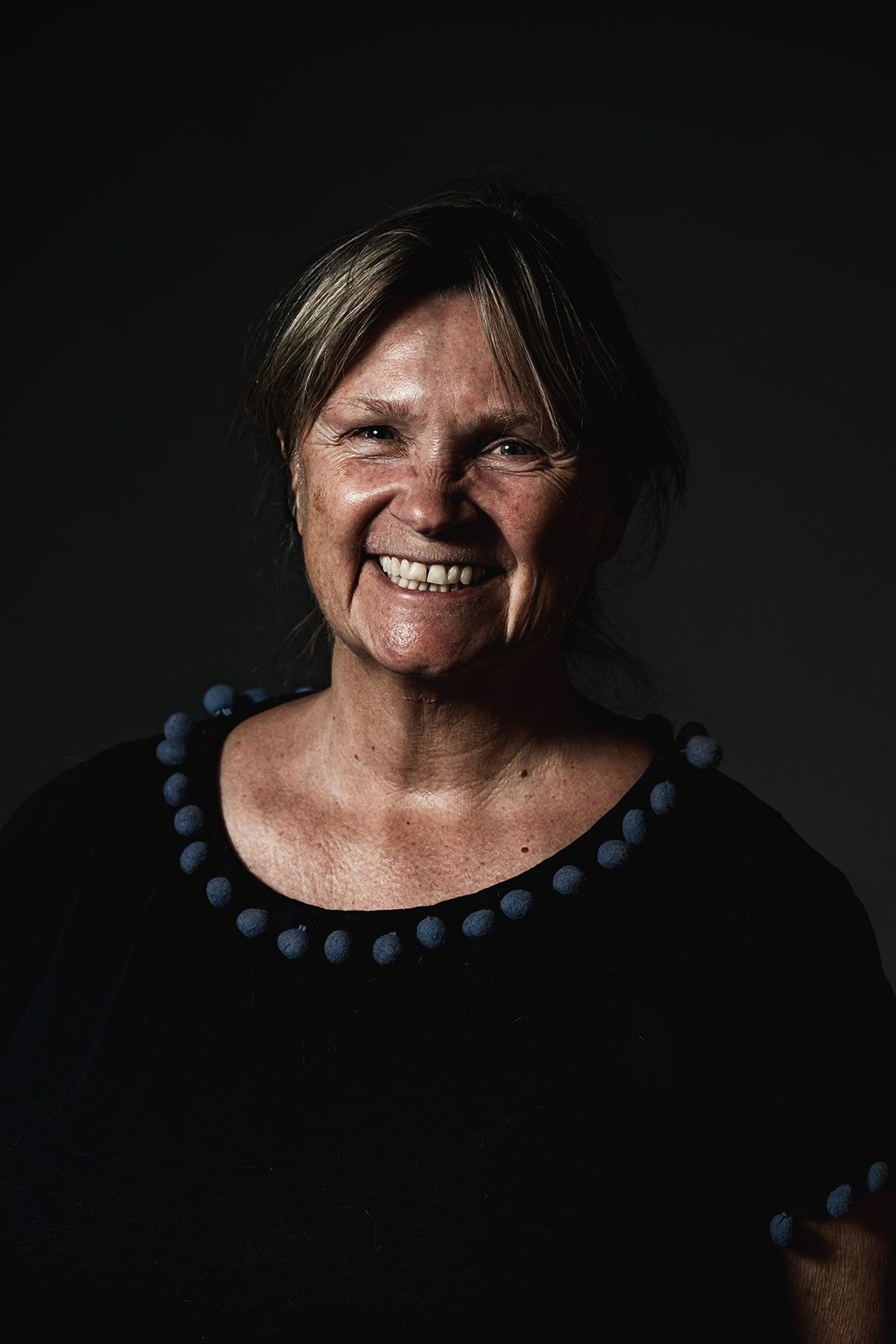
Prof Joanne Clarke
Prof Joanne Clarke
Prof Peter Liss
Emeritus Professor, School of Environmental Sciences, UEA.
What is your connection with UEA?
I was appointed a lecturer and joined UEA’s fledgling School of Environmental Sciences in 1969. Then the school was small and housed in temporary accommodation in the University Village. We were a close-knit community, and everyone knew everyone else.
Describe your expertise and contributions to the IPCC
My research is on many aspects of biogeochemistry but majorly how the atmosphere and oceans interact, in particular the exchange of climate and reactive gases. Many environmental problems involve such exchanges, for example the uptake of human-caused CO2 by the oceans.
"We are at a turning point concerning the future of IPCC. Does it continue to authoritatively update its assessments or is now the time to move on to a different way?"
I was involved in IPCC from the outset, in fact pre-IPCC since I was in Villach at the 1980 workshop (chaired by Bert Bolin). This was arguably when the scientific community realised that the science and policy implications had to be brought together. I was a Lead Author of AR2, Working Group I chapter 11, Advancing our Understanding, which was about the role of global change research programmes and a contributor to chapter 10, Marine Biotic Responses to Environmental Change and Feedback to Climate.
Why is the IPCC important, and what does your involvement mean to you?
Over its reports the IPCC has provided the thorough and detailed state-of-the-art information and understanding that eventually convinced governments that action to mitigate climate change was necessary. The path was long and difficult, but I am convinced that without the work of IPCC the case would not have been made anything like as convincing as it has been.
Personally, I feel some considerable satisfaction at having played a small but hopefully useful role in the great endeavour that has been and still is IPCC.
Why is the timing of this workshop important?
We are at a turning point concerning the future of IPCC, does it continue to authoritatively update its assessments or is now the time to move on to a different way of serving the science-policy interface of climate change?
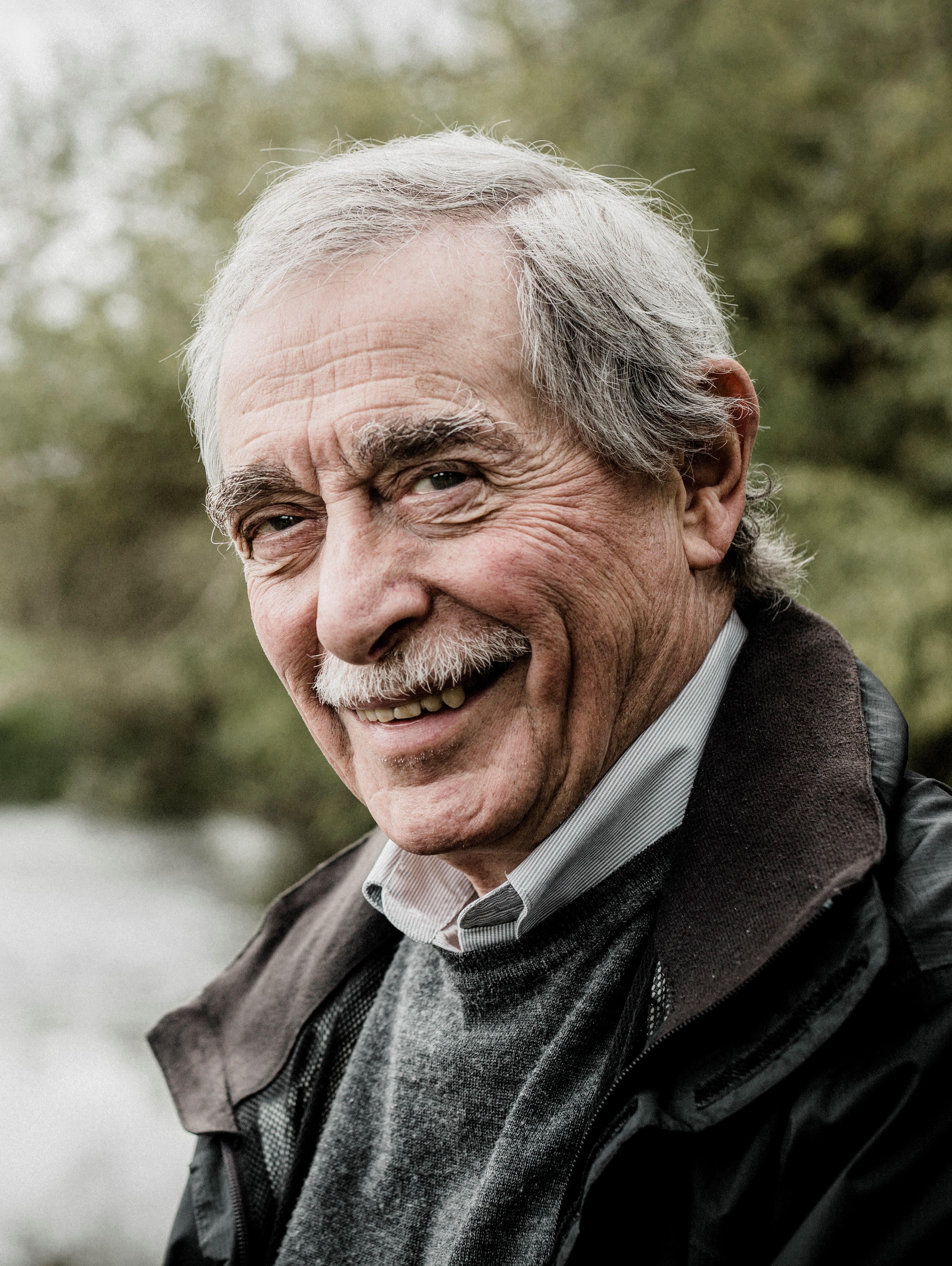
Prof Peter Liss
Prof Peter Liss
Prof Robert Nicholls
Director of the Tyndall Centre for Climate Change Research and Professor of Climate Adaptation, School of Environmental Sciences, UEA.
What is your connection with UEA?
I became involved with UEA via the creation of the Tyndall Centre for Climate Change Research in 2000, which at the time was focused on creating a Coastal Simulator of the East Anglian coast.
In 2019, I became Director of the Tyndall Centre, a very natural transition. Since then, I have led the Open Climate Modelling Platform Framework (OpenCLIM) which continues the style of integrated assessment undertaken during the Coastal Simulator. This project was conducted during the time of COVID. One of my fondest memories is our first in person workshop in Peterborough – we all really enjoyed it.
Describe your expertise and contributions to the IPCC
I am a specialist in coasts and sea-level rise, and the implications regarding risks and adaptation. Coastal areas are a key interface in the earth system. They also concentrate humanity, with people living at the highest densities anywhere on the planet. These issues are important scientifically, as well as societally. How we adapt to sea-level rise is an issue that we will be considering over the coming decades and beyond. It challenges many of our assumptions which are often based on the notion of a fixed sea level – a view which is now outdated.
"As the world warms and climate change intensifies, the IPCC assessments provide an evolving roadmap on where we are and what we can do. It gets the world’s governments talking and negotiating, and this is essential if we are to solve the climate crisis."
I became involved with the IPCC in the early 1990s, attending Coastal Zone Management meetings such as Margarita Island, Venezuela in 1992 and the Future Coast Meeting in the Netherlands in 1993. This led to me being a Lead Author of the Coastal Chapter in the Second Assessment Report, published in 1996. Subsequently, I was a Lead Author of the Europe Chapter in the Third Assessment Report – published in 2001. In the 4th Assessment Report, I was the Convening Lead Author of the Coastal Zones and Low-Lying Areas Chapter. I am immensely proud of the work we delivered, and the final chapter published in 2007.
After this I was Review Editor on the same chapter in the fifth Assessment Report – published in 2014 and I had Lead Author roles in several IPCC Special Reports – and most recently as a Contributing Author to the Special Report on the Oceans and Cryosphere under Climate Change published in 2019.
Why is the IPCC important, and what does your involvement mean to you?
The assessments communicate our understanding to a much wider audience than is typical with academic papers. As the world warms and climate change intensifies, the IPCC assessments provide an evolving roadmap on where we are and what we can do. It gets the world’s governments talking and negotiating, and this is essential if we are to solve the climate crisis.
My contributions to the IPCC were some of the most exciting and rewarding things I have done. I greatly enjoyed the process of developing an understanding across the issues and seeing the big picture, which helped inform my own research. I also enjoyed meeting other scientists from around the world and have developed long-term friendships and collaborations which continue to this day.
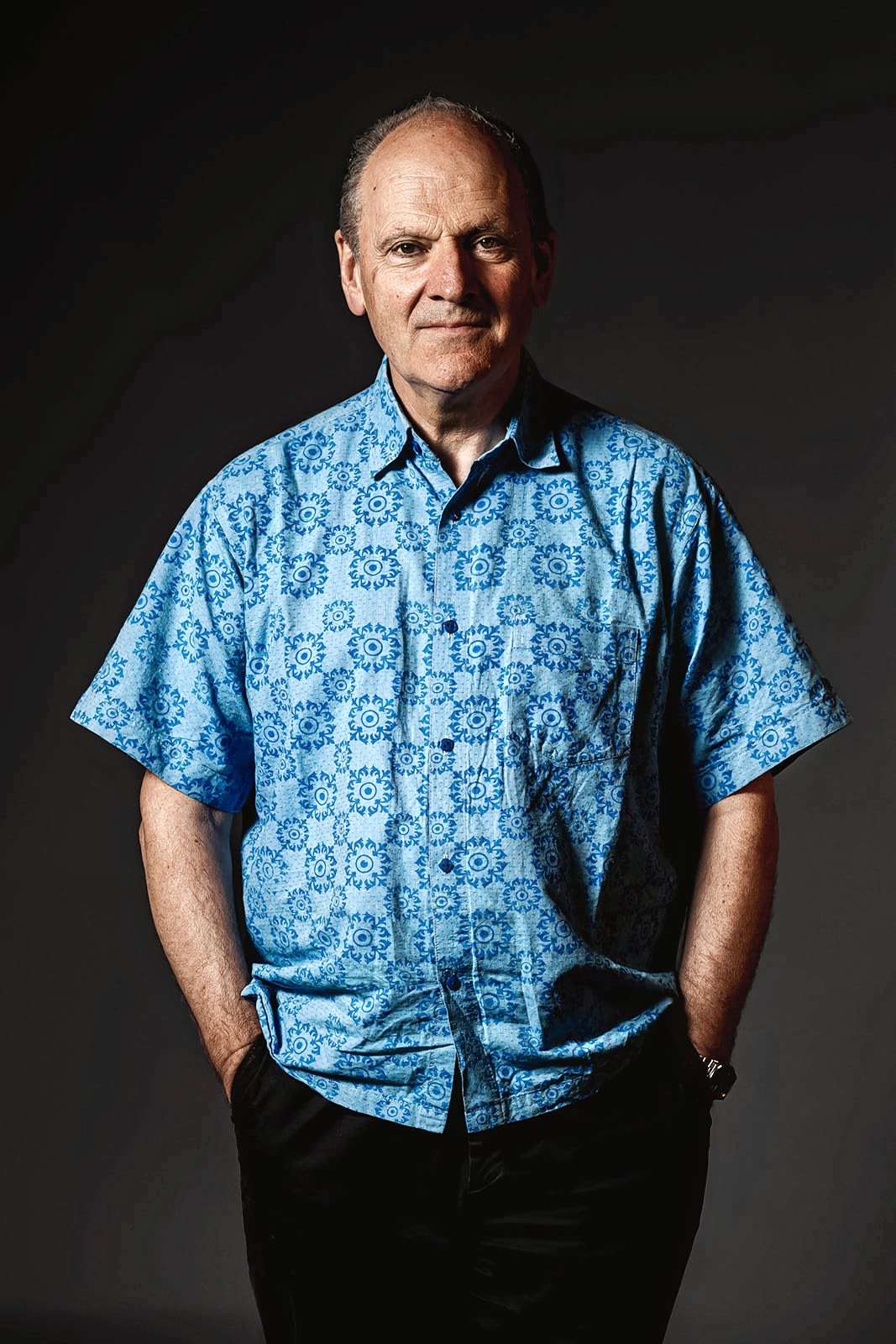
Prof Robert Nicholls
Prof Robert Nicholls
The UEA Workshop about the IPCC was co-organised by Prof Rachel Warren (Tyndall Centre for Climate Change Research, School of Environmental Sciences, UEA) and Dr Mark Tebboth (Tyndall Centre for Climate Change Research, School of International Development, UEA).



